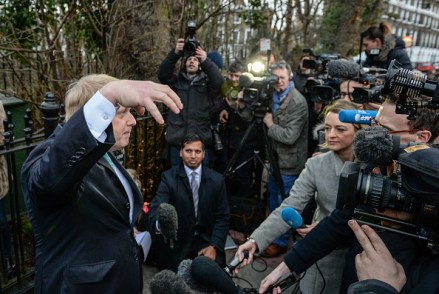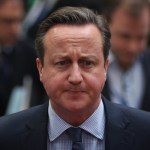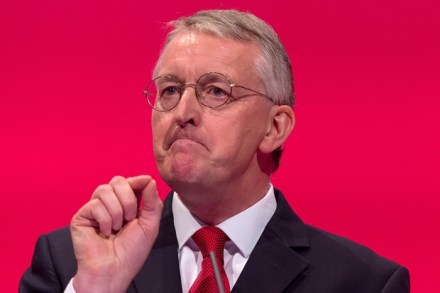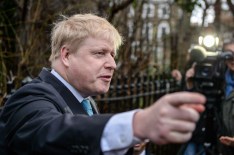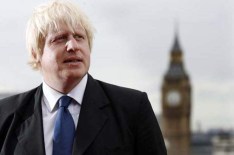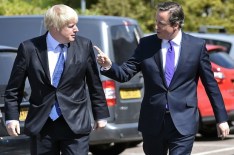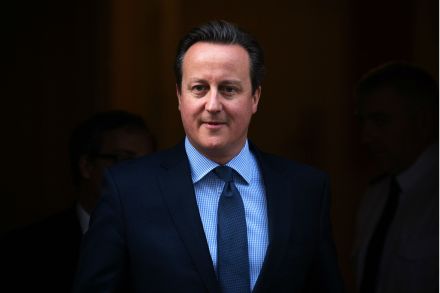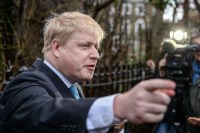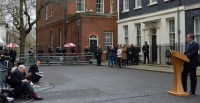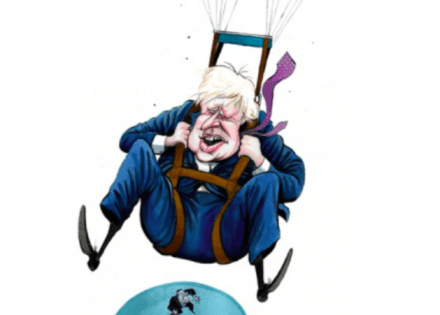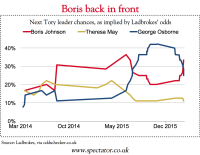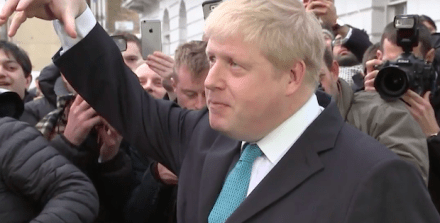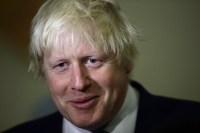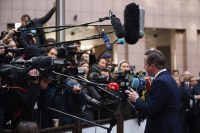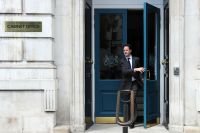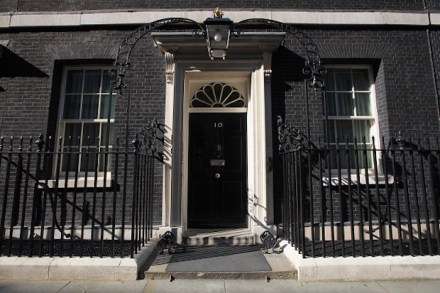The BBC isn’t much help for navigating through the Tory EU wars
Trying to navigate your way through the internecine wars in the Conservative Party over the referendum? Please allow the BBC’s Political Editor Laura Kuenssberg to help. This was her intro on the BBC website yesterday: Silence abhors a vacuum, and forgive me if you are not a fan of political conspiracy, and on a day like today you don’t have to look very far for huge ideological disputes, even if they’re not quite yet punch-ups. Good, glad that’s clear, then. A sentence which is a string of non-sequiturs kicked off with a remarkable image. Does silence abhor a vacuum? I suppose it might abhor a vacuum cleaner, because they can
